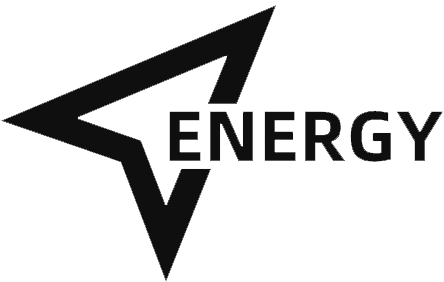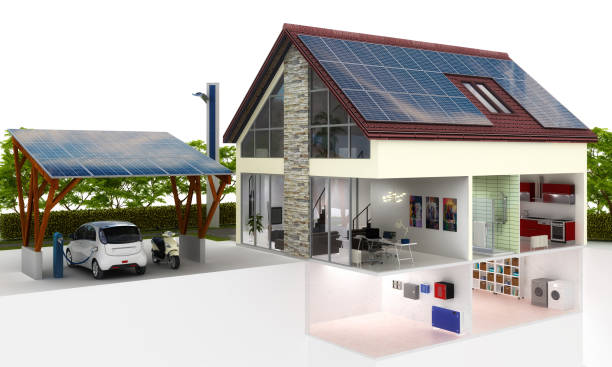The Importance of Home Energy Storage Solutions
Household energy storage solutions have become essential for managing energy consumption efficiently. With rising electricity costs and a growing emphasis on renewable energy, homeowners are looking for effective ways to optimize their energy usage. These systems allow users to store excess electricity generated from renewable sources like solar panels and use it when needed, ensuring energy independence and reduced reliance on the grid.
Benefits of Home Energy Storage Systems
1. Cost Savings
Home energy storage energy management systems help reduce electricity bills by storing energy during low-demand periods and using it during peak hours.
They enable homeowners to maximize the use of solar energy, minimizing dependency on grid electricity.
2. Energy Security and Independence
Having a home energy storage system ensures a continuous power supply during outages.
It allows households to generate and store their own energy, reducing vulnerability to power fluctuations and blackouts.
3. Environmental Benefits
These systems promote the use of renewable energy, contributing to lower carbon emissions.
By reducing reliance on fossil-fuel-based grid electricity, they support sustainability goals.
How Energy Management Systems Enhance Home Storage
1. Smart Energy Distribution
Home energy storage energy management systems automatically control energy flow to maximize efficiency.
They prioritize the use of stored energy before drawing from the grid, optimizing consumption.
2. Remote Monitoring and Control
Modern energy storage systems allow homeowners to monitor energy usage and battery performance via mobile apps.
This remote control feature improves user convenience and efficiency.
3. Grid Interaction and Demand Response
Advanced energy management systems can integrate with the grid to participate in demand response programs.
These programs allow users to sell excess energy back to the grid, generating additional savings.
The Future Prospects of Home Energy Storage Systems
1. Increased Adoption and Affordability
As technology advances, the cost of home energy storage solutions is expected to decline.
Government incentives and rebates will further encourage adoption among homeowners.
2. Integration with Smart Homes
Future home energy storage systems will seamlessly integrate with smart home devices.
AI-driven automation will improve energy efficiency and optimize storage utilization.
3. Expansion of Renewable Energy Integration
Enhanced compatibility with solar, wind, and other renewable sources will make these systems more efficient.
Households will become key players in decentralized energy generation and distribution.
Key Considerations for Choosing a Household Energy Storage Solution
1. Battery Capacity and Efficiency
Evaluate the system’s storage capacity to match household energy needs.
Choose high-efficiency batteries for longer life cycles and better performance.
2. Compatibility with Existing Energy Systems
Ensure that the storage system integrates well with solar panels and inverters.
Opt for systems with scalable configurations to allow future upgrades.
3. Warranty and Maintenance
Consider systems with long-term warranties to ensure durability and performance.
Regular maintenance and software updates help maintain system efficiency over time.
Conclusion
Household energy storage solutions play a crucial role in optimizing energy use, reducing costs, and supporting sustainable living. As technology advances, these systems will become more accessible and efficient, further driving the shift towards energy independence and smart energy management.

